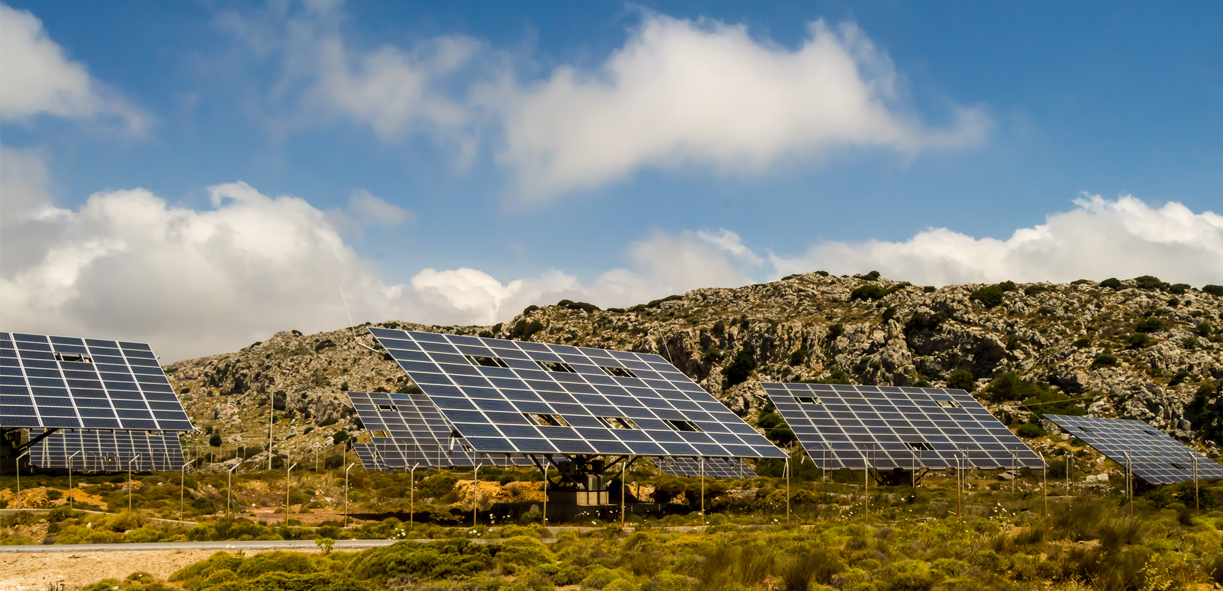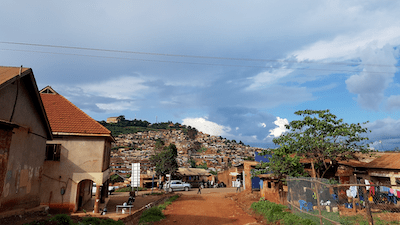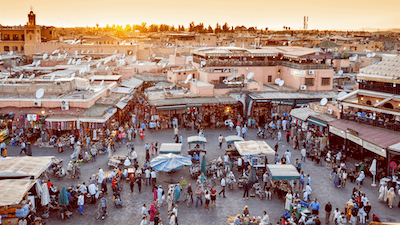How European Finance is Deployed
The terms of contributions to SDG7 are necessarily of a certain qualitative standard. Agenda 2030 is about human well-being and the 17 SDGs are explicitly inter-dependent. This means contributions to SDG7 are not only investments that provide access to sustainable energy services, but they should simultaneously promote – or at least do not prejudice against – the achievement of other SDGs.
Analysis of the flow of European contributions shows that they are not just high in quantity, but also generous in concessionality. Not only is this finance supported by robust environmental and governance safeguards, it also does not add to poorer countries macroeconomic stresses. The high proportion of grants (33%) has led to an enhanced impact of European financing, particularly in areas where it was found that financing of energy projects by EU Institutions and Member States has a spill-over effect, contributing towards meeting other SDG targets.
Deeper analysis of ODA loans reveals the true efforts made by the EU and its member states in partnering Africa. Data from 2015-2020 shows that these loans have an average ‘grant element’ (the proportion of the value of the loan gifted via high levels of concessionality) of 53%. Analysis over the study period showed this grant element increased from 48% in 2015, to 59% in 2020.
An examination of the subsectors at which EU and Member States‘ funding is directed sheds light on the ways in which European finance is being deployed to improve the energy sector as a whole. While Lower Middle Income Countries and Upper Middle Income Countries have benefitted primarily from funding for renewable generation, Least Developed Countries (LDCs) have benefitted from significant amounts of funding, in both grants and highly concessional loans, to their transmission and distribution infrastructure – a critical area in achieving electricity access for all in a continent where access rates stand at just 44.8% on average. Europe is also giving greater attention to capacity building and policy support in LDCs, with disbursements of grant funding to this end having risen from EUR 2.9 million in 2014 to EUR 28.1 million in 2020.




